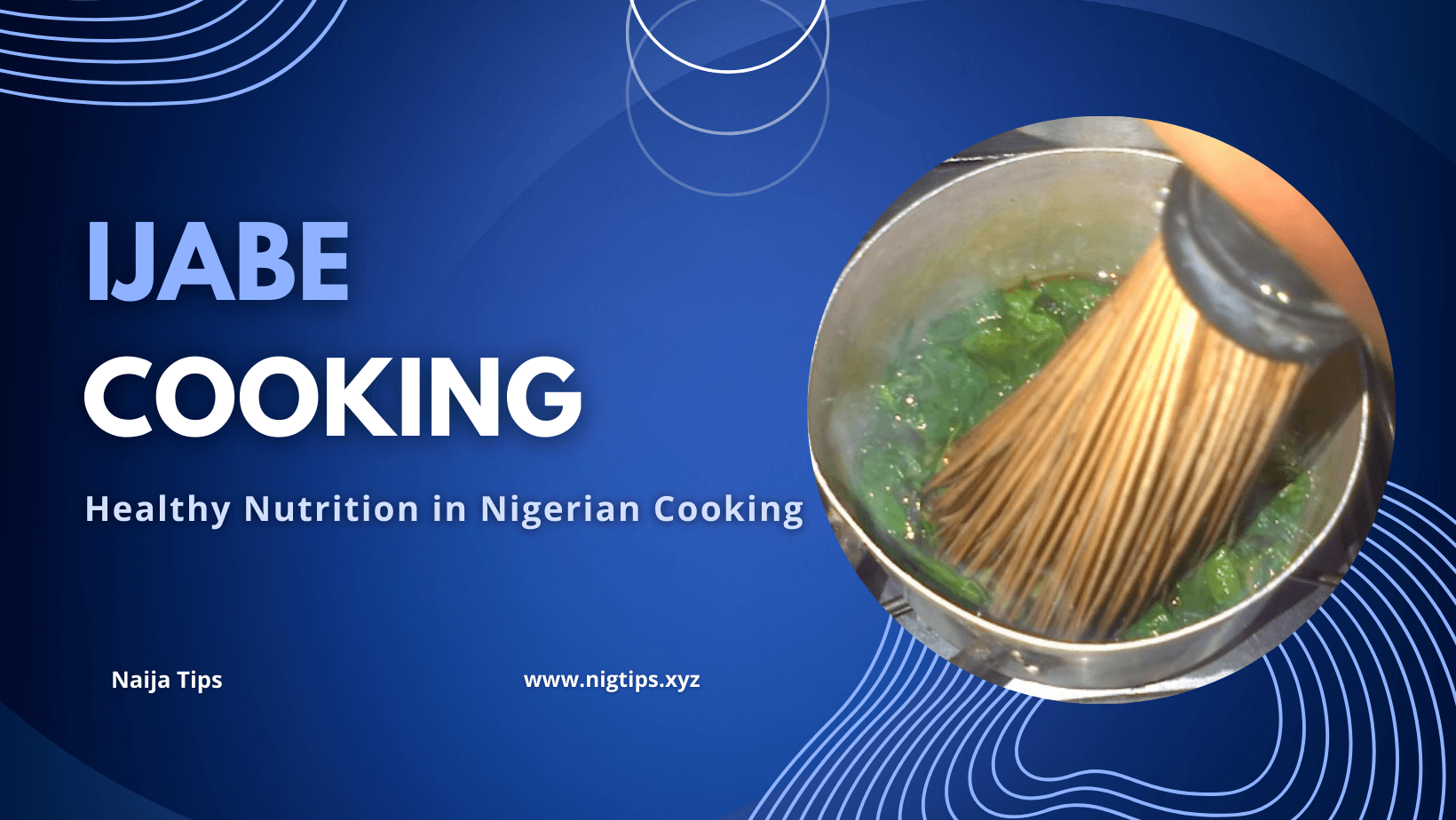Ewedu Broom - Ijabe Cooking
Ewedu broom - Ijabe cooking, commonly referred to as Ewedu in Nigeria, is renowned for its medicinal qualities. A staple food, it provides many essential vitamins and nutrients beneficial to health; these include Vitamin A which aids eye health, iron for healthy red blood cell production and phosphorus which promotes bone strength as well as magnesium potassium calcium essential for cardiovascular wellbeing.
For an easy ewedu experience, wash and boil leaves in water until they soften, transfer to a blender, and blend until achieving a slimy consistency. Return it back into its pot before adding Iru, Salt, and Egusi paste as desired - cooking for several more minutes until ready for amala or ebi topping.
Ewedu soup is a staple among the Yoruba people of Western Nigeria and one of the first foods introduced to newborn babies and weaning infants. Easy and straightforward to make, delicious yet nutritious with an appearance similar to okra; some people have even taken to using a cooking broom to crush its leaves prior to adding them into soup; however this practice poses serious health issues.
Ewedu Soup
Ewedu soup is a traditional Nigerian dish made from the leaves of the corchorus plant. Once washed and boiled, these leaves are then mashed to create a thick and slimy soup which can be eaten with any type of meal, particularly delicious when combined with pounded yam or fufu. Ewedu provides vitamins, minerals, dietary fiber, protein and iron essential to pregnant women's nutrition.
Read: Does Yam and Egg Breakfast Help Weight Loss?
Pregnant women are safe to enjoy Ewedu soup, provided that they do not react adversely to its ingredients. Jute leaves contain high levels of sodium, cholesterol and saturated fat which may increase gestational hypertension or preeclampsia risk.
Ewedu soup preparation is straightforward and requires no special equipment. First, clean and boil jute leaves for 8 to 10 minutes in water in a pot before pounding with an ijabe or blender until the leaves become soft and slimy - alternatively you could also use an immersion circulator. Next add in your choice of seafood (crayfish/locust beans/seasoning cube) then simmer this for several more minutes. Finally serve Ewedu with any of your favourite dishes for an authentic dining experience!
Ewedu Stew
Ewedu stew is a nutritious and flavorful stew perfect for children of all ages. Made up of an assortment of vegetables and herbs - such as jute mallow leaf (arirala), rama ayoyo (Hausa), locust beans - its soup has antispasmodic and analgesic properties which help relieve menstrual cramps as well as digestive discomfort, while providing essential nutritional value.
To prepare an Edu stew, first rinse and pick your leaves carefully to remove any grit or sand, add them to a pot, cover with water, boil for 7 to 10 minutes then filter off excess liquid using a cooking broom until all leaves have become soft.
Blend or hand mix the mashed leaves until smooth using either a blender or hand mixer, adding salt and bouillon cubes as needed to add flavor. For an ewedu stew with meatier components, you may add beef or fish too!
Alternately, you can also create a vegetarian version of this stew by swapping out meat for vegetable oil and it still taste amazing. Perfect as either breakfast or lunch meal and ideal to pair with other Yoruba dishes like pounded yams, Fufus and amalas for an unforgettable culinary experience!
Ewedu Gbegiri
Gbegiri, or Ewedu Gbegiri in Yoruba language, is an iconic Nigerian Yoruba ethnic soup made with jute leaves that is similar in texture to okra. This delicious meal pairs well with staples like pounded yam and fufu as well as Nigerian beef stew or fish stew for a nutritious meal that helps lower high blood pressure and cholesterol. Ewedu gbegiri contains many essential vitamins and minerals necessary for good health while at the same time combatting free radicals that cause cancerous free radicals!
Making this light orange soup is relatively straightforward. First, the beans or black-eyed peas must be peeled and cooked until tender, after which they can either be mashed by hand or blended in a blender before being mixed with crayfish powder and stock cubes to form the base for this tasty concoction. Finished product pairs nicely with Amala (yam flour swallow), Edu Tuwo or Fufu dishes!
To create delicious Gbegiri, start by soaking beans in water before boiling until tender, mashing with a clean broom or blender until the beans become smooth. Next add crabmeat, locust beans also known as IRU (iridaceous pod) and salt as desired; blend further until the jute leaf becomes smooth. Enjoy your Gbegiri alongside some pounded yam or fufu with your drink of choice!



Post a Comment
0Comments